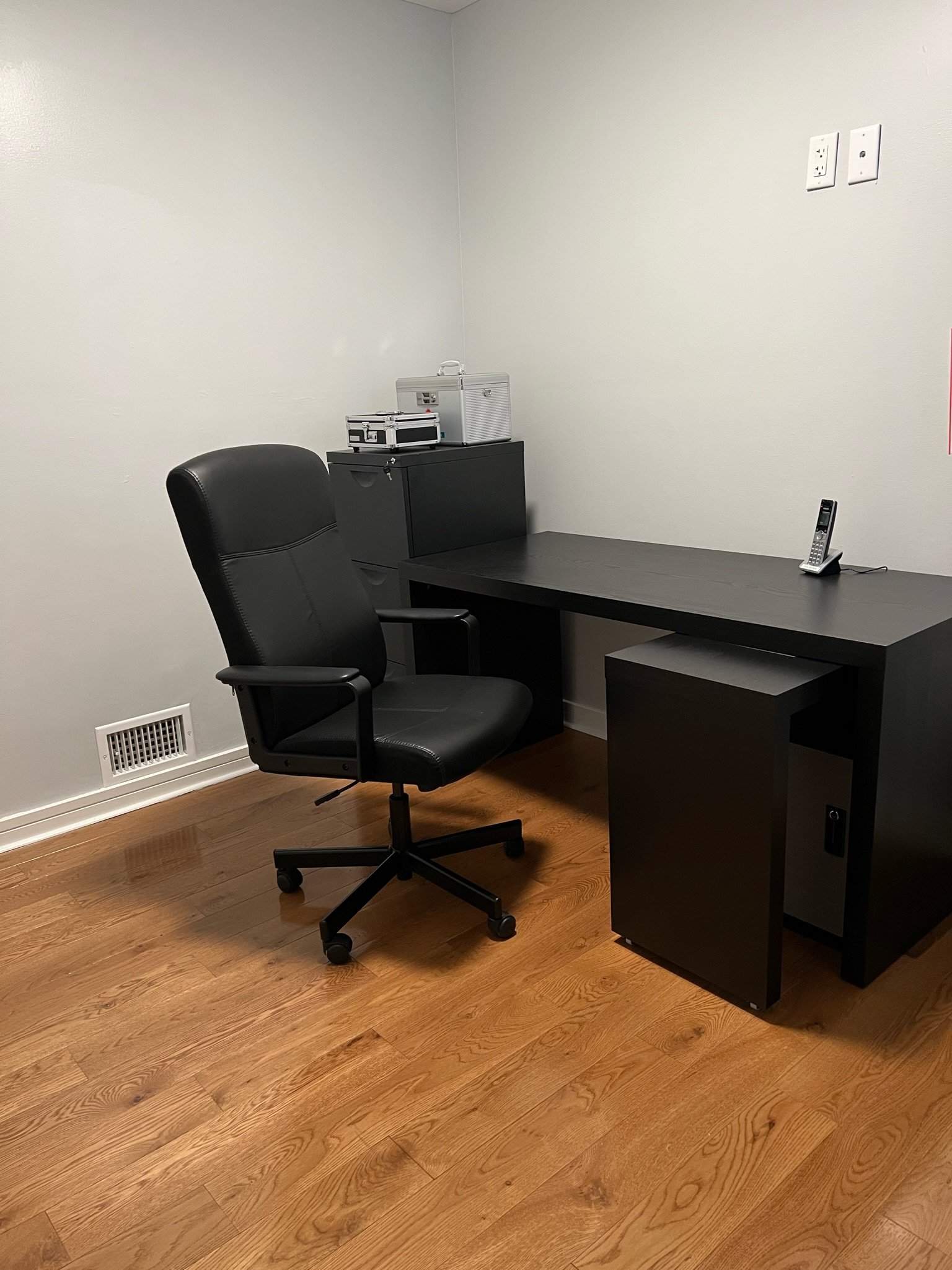Service Offerings












Residential Habilitation
Residential Habilitation services are direct and indirect services provided to participants who live in licensed and unlicensed provider owned, rented or leased residential settings. This service is built on the principle that every participant has the capacity to engage in lifelong learning. As such, through the provision of this service, participants will acquire, maintain, or improve skills necessary to live in the community, to live more independently, and to participate meaningfully in community life.
At Everyday Lives LLC we provide the level of services necessary to enable each participant to meet habilitation outcomes. This includes ensuring assistance, support, and guidance (which includes prompting, instruction, modeling and reinforcement) as needed to enable the participant to:
1. Carry out activities of daily living such as personal grooming and hygiene, dressing, making meals and maintaining a clean environment.
2. Learn and develop practices that promote good health and wellness such as nutritious meal planning, regular exercise, carrying through prescribed therapies and exercises, awareness and avoidance of risk including environmental risks, exploitation or abuse; responding to emergencies in the home and community such as fire or injury; learning how and when to seek assistance.
3. Manage or participate in the management of his or her medical care including scheduling and attending medical appointments, filling prescriptions and administration of medications, and keeping health logs and records.
4. Manage his or her mental health diagnosis and emotional wellness including self- management of emotions such as disappointment, frustration, anxiety, anger, and depression; applying trauma informed care principles and practices and accessing mental health services.
5. Participate in the development and implementation of the service plan and direct the person-centered planning process, including identifying who should attend and what the desired outcomes are.
6. Make decisions including identifying options/choices and evaluating options/choices against a set of personal preferences and desired outcomes. This includes assistance with identifying supports available within the community.
7. Work to achieve financial stability through managing personal resources, general banking and balancing accounts, record keeping and managing savings accounts.
8. Communicate with providers, caregivers, family members, friends and others face-to- face and through the use of the telephone, correspondence, the internet, and social media. The service may require knowledge and use of sign language or interpretation for individuals whose primary language is not English.
9. Use a range of transportation options including buses, trains, cab services, and joining car pools.
10. Establish routine, such as preparing meals, carrying out routine home maintenance such as light cleaning, planning and scheduling recreational activities and other typical household routines.
11. Develop and maintain relationships with members of the broader community and manage existing relationships.
12. Exercise rights as a citizen and fulfill his or her civic responsibilities such as voting and serving on juries; attending public community meetings; to participate in community projects and events with volunteer associations and groups; to serve on public and private boards, advisory groups, and commissions, as well as develop confidence and skills to enhance contributions to the community.
13. Develop personal interests, such as hobbies, appreciation of music, and other experiences the participant enjoys or may wish to discover.
14. Participate in preferred activities of community life such as shopping, going to restaurants, museums, movies, concerts, dances and faith based services.
